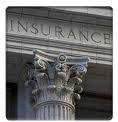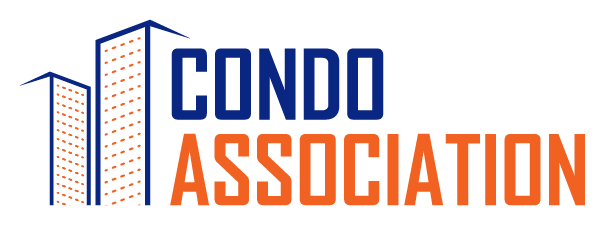 Purchasing condo association insurance is one of the most important buying decisions the board will make. The decision addresses risk management and must meet or exceed any insurance requirements mandated by the state and the HOA's governing documents.
Purchasing condo association insurance is one of the most important buying decisions the board will make. The decision addresses risk management and must meet or exceed any insurance requirements mandated by the state and the HOA's governing documents.
Step #1: Start Early. Begin the process at least 90 to 120 days prior to the renewal date by ordering updated loss histories from all insurance carriers who have provided coverage for the Condo Association for the past three to five years. While requesting the loss history, don't forget to confirm with the current agent/broker his opinion as to whether the current insurance carrier will be offering a renewal.
Step #2: Check Loss History Accuracy. Losses can be miscoded (like "Mold Claim," when it wasn't), or a loss that should have been attributed to a different insured or a loss that continues to appear on the loss history even though the insurance carrier successfully subrogated against the negligent party (got repaid). It's also possible your carrier's version of your loss history doesn't really reflect today's condition of the property. If your HOA has taken steps to improve the property since the losses occurred, write a narrative about those steps taken and attach it to the loss history. If a particular problem has since been corrected, make sure the carrier knows it.
Step #3: Assemble a Complete Bid Package. Preparing a complete bid specification will make the evaluation process easier. The bid package should include:
- Brief description of the property including the number of units, year built, type of construction, overview of amenities (pools, spas, etc.) and any other structural improvements the HOA may have an insurable interest in;
- Copies of the governing documents;
- Copy of the site plan;
- Current three year loss history on the prior carrier's letterhead;
- Copies of the declarations page from the current year;
- Copies of the HOA's most current financial statement and budget; and
- Current appraisal (if available).
Steps #4: Assign the Markets. An condo association insurance carrier will only release a premium quote to one agent. If more than one agent wants to use the same insurance carrier, you'll have to assign which person will access that market on your behalf.
Step #5: Evaluate the Insurers. While there are five well-known insurance rating organizations, most HOAs rely on AM Best. The letter grade ratings (A through F) and financial size categories (Roman numeral I through XV) can give you a quick barometer of a carrier's health. In addition to the financial ratings, the board will want to consider the carrier's experience with HOAs. A carrier who is new to the homeowner association market is probably not a good fit.
STEP #6: Is the Agent Qualified? Consider years of experience insuring Condo Associations and HOAs and involvement in industry trade organizations like California Association of Community Managers (CACM), Oregon Washington Community Association Managers (OWCAM) and Community Associations Institute (CAI). The agent/broker professional designations should include CPCU (Chartered Property and Casualty Underwriter), ARM (Associate in Risk Management), CIC. (Certified Insurance Counselor), and CIRMS (Community Insurance and Risk Management Specialist).
STEP #7: Use a Spreadsheet. Even the most experience risk manager will create a "line by line" comparison of the coverages and benefits being offered by the various companies offering a proposal. A visual representation of this type will easily illustrate the merits or deficiencies provided by one proposal over another and will tell you if a certain proposal is competitively priced only because the agent/broker has omitted an important insurance coverage.
STEP #8: Let Price Be the Last Consideration. Price is important but don't fall into the trap of going to the "bottom line" first. If you do, you may forget the number one goal of buying insurance: protecting the HOA's assets. Be certain that you're getting what you need before signing the check.
 buying homeowners association insurance. The loss ratio varies greatly from company to company making the premiums also vary.
buying homeowners association insurance. The loss ratio varies greatly from company to company making the premiums also vary.
 Purchasing
Purchasing